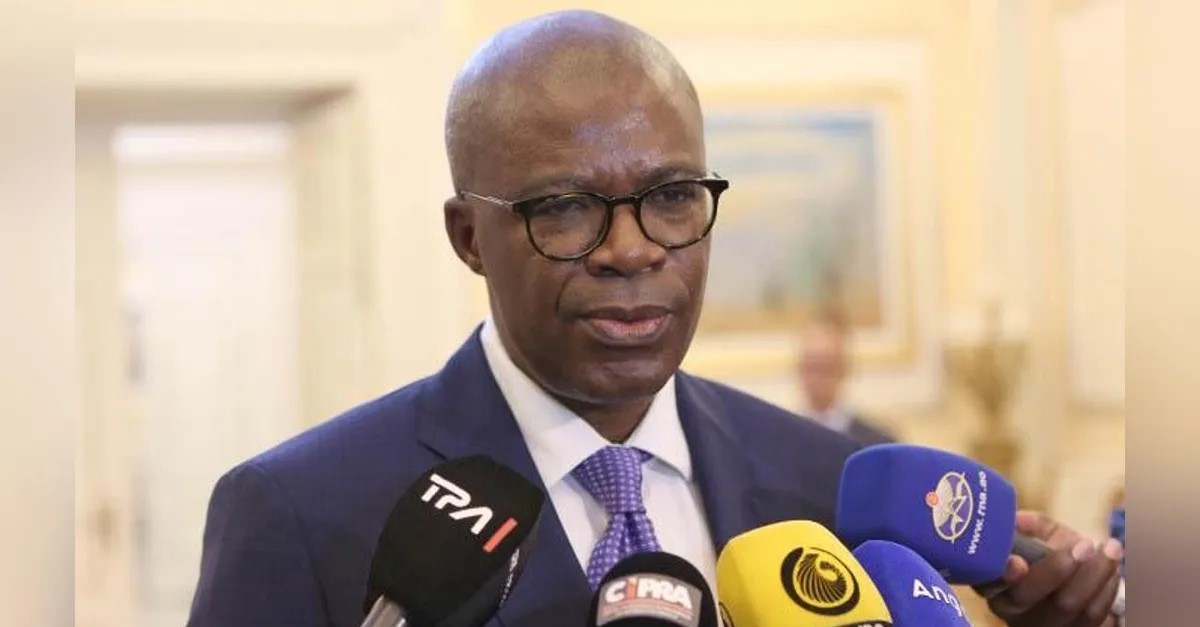(3 minutes read)
Angola’s current account has recorded a surplus of 12.1% of its Gross Domestic Product (GDP) which is highly impressive, considering an environment where African governments are grappling with a shortage of hard currency. This surplus signifies a positive balance in Angola’s international transactions, indicating a more substantial inflow of currency from exports and other transactions than outflow for imports and other payments.
Angola’s current account has recorded a surplus of 12.1% of its Gross Domestic Product (GDP) which is highly impressive, considering an environment where African governments are grappling with a shortage of hard currency. This surplus signifies a positive balance in Angola’s international transactions, indicating a more substantial inflow of currency from exports and other transactions than outflow for imports and other payments.The surplus is critical for Angola’s economy, illustrating a robust economic position in its external dealings. It could potentially strengthen the national currency and contribute to the country’s foreign exchange reserves. This economic indicator might be an outcome of increased export revenues, decreased imports, or a combination of favorable economic activities. Furthermore, the surplus in the current account could also instill a positive influence on investor confidence.
While Angola is registering a current account surplus, the situation is starkly different for many African nations. Governments are scrambling for dollars, creating a new dividing line for investors. They are resorting to bartering, currency devaluations, central bank exchange controls, and seeking assistance from the International Monetary Fund and the Middle East to shore up their balance sheets.
Read Also:
https://trendsnafrica.com/angola-to-power-90000-homes-through-solar/
https://trendsnafrica.com/angolan-president-holds-parleys-with-biden-at-oval-office/
Amid such developments, nations worldwide are experiencing varying economic conditions. The nation has graduated from the least developed countries (LDC) category, embarking on its journey as a developing economy. This achievement comes after the United Nations General Assembly adopted a resolution allowing Bangladesh to progress to the developing country level.





